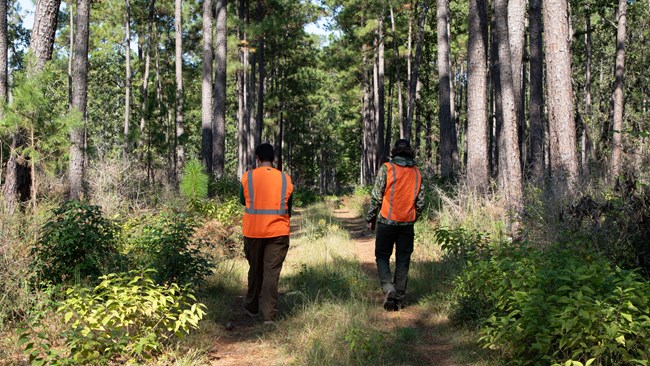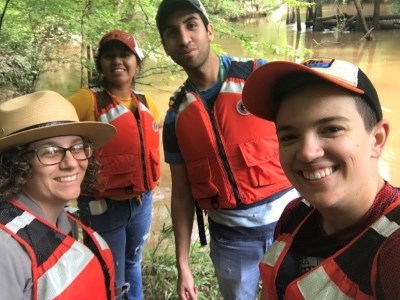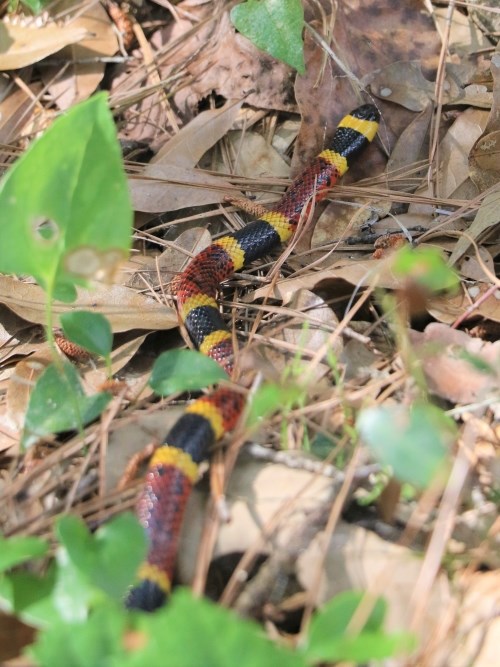|
Most visitors to Big Thicket National Preserve experience few problems besides mosquitoes and chiggers. However, there are several environmental hazards that people should be aware of. Remember, you are responsible for your own safety. 
NPS Photo / Ian Kessler Visiting During Hunting SeasonBig Thicket's hunting season generally runs from October 1 to February 28, though dates may vary year to year.
Entering a Hunting AreaThe areas that allow hunting are still open for hiking, fishing, etc., during hunting season; however, we strongly encourage you to wear orange if you enter a hunting unit. All hunters are required to wear orange and to display their permit (usually a bright color) in their vehicle. Hunting is not allowed within 500 feet of any trail, road, navigable waterway, cemetery, or residence. The following units allow hunting:

NPS Photo Water SafetyDrowning is the primary cause of death in the Big Thicket. The National Park Service does not recommend swimming in preserve waterways. There are no designated swimming areas in Big Thicket National Preserve. Village Creek and the Neches River may appear calm, but they often have strong currents that can carry away even the strongest swimmers. Shallow sandbars sometimes end in steep drop-offs. Heat and DehydrationHeat is the number one weather-related cause of death in the United States. While the temperature here rarely exceeds 95°F, high humidity can make it feel much hotter. The high humidity interferes with the body's natural cooling mechanism, the evaporative cooling of sweat.

NPS Photo / Andrew Bennett AnimalsThe Big Thicket is home to 4 types of venomous snakes: coral snakes, rattlesnakes, copperheads, and water moccasins (cottonmouths). Be cautious in dense brush. Most snakes seen here are harmless, and all snakes, venomous or not, are protected in the preserve. |
Last updated: October 1, 2023
